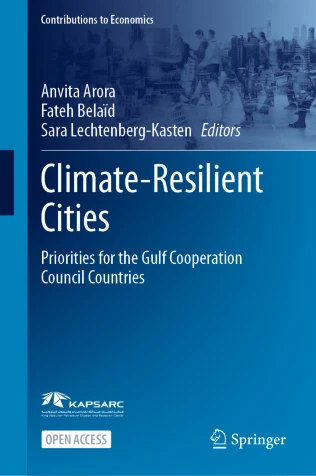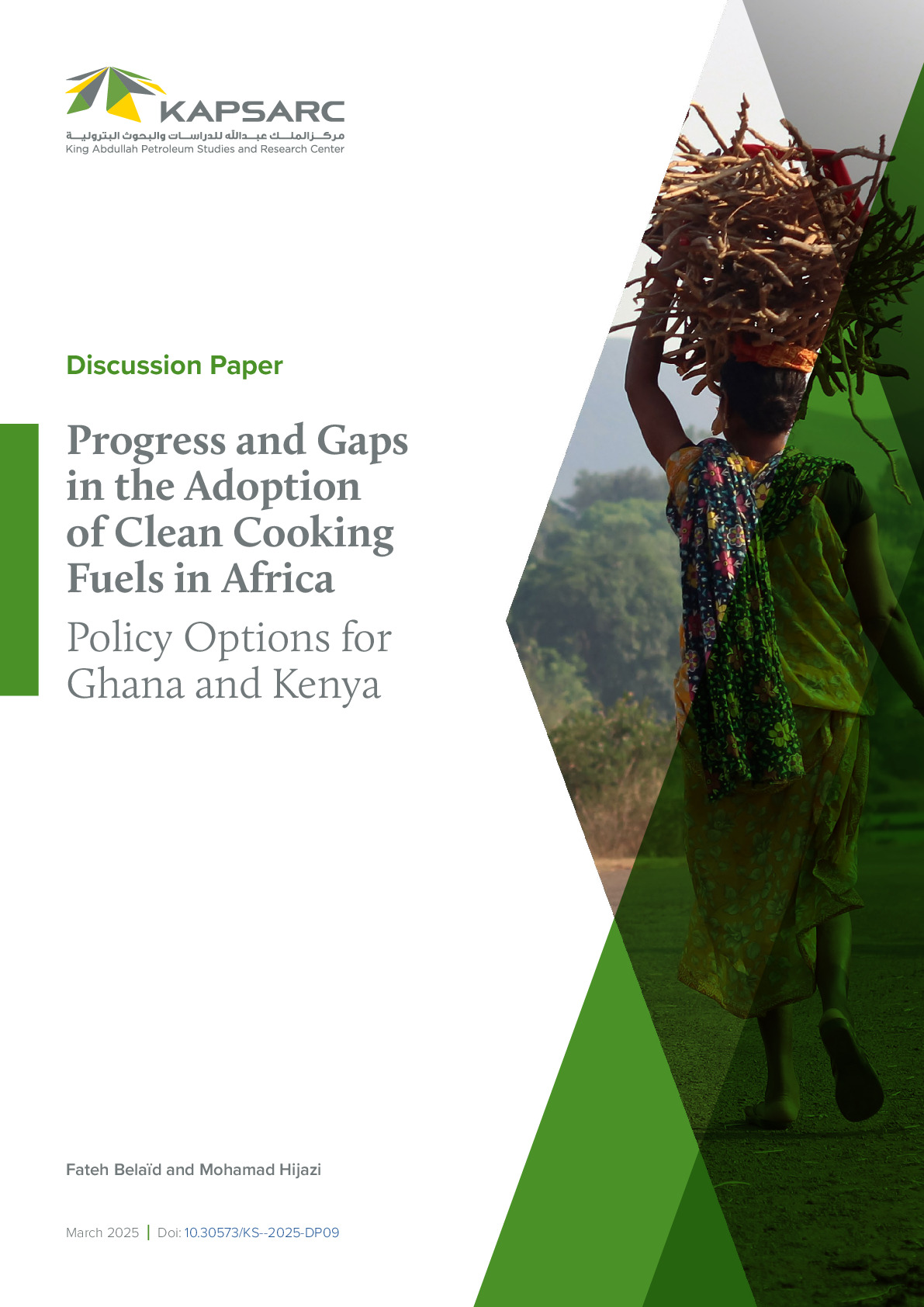COVID-19 served as a stark reminder of the economic devastation caused by poor preparedness for systemic risks. This lack of preparation triggered a domino effect, leading to an economic downturn, soaring debt, and supply chain disruption. The unprecedented global scale of this pandemic has accentuated multiple challenges with risk reduction and capacity to respond, both in the developed world and in the least developed countries. This chapter delves into the interconnectedness of globalization, public health risks, and climate change. First, we review the relationship between globalization and health risks. Subsequently, we explore the potential link between climate change and pandemics. Then, leveraging this understanding of interconnected global challenges, we analyze the response of GCC countries to the COVID-19 pandemic. The analyses show that the COVID-19 pandemic is an unprecedented test of policymakers’ ability to handle composite risks as climate uncertainties disrupt global epidemic responses. Although short-term measures can play a role in minimizing climate-induced loss of life, climate adaptation necessitates a long-term strategy toward pandemic preparedness as well. In the wake of the pandemic, leading economies should shift their focus away from short-term economic benefits that could undermine ecosystems and their services to society. On the contrary, this pandemic can serve as a starting point for a transformation to achieve sustainable development that merges environmental, economic, and social considerations.

Principal Fellow- Climate and Sustainability
Fateh was a full professor of economics at Lille Catholic University and director of the Smart & Sustainable Cities research…
Fateh was a full professor of economics at Lille Catholic University and director of the Smart & Sustainable Cities research unit. Fateh has also held various positions at the French Scientific and Technical Center for Building and led multiple collaborative projects for the French Ministry of Ecological Transition and the European Commission. He is an energy and environmental economist drawing from the fields of applied microeconomics, energy modeling, and econometrics. He has published widely on household energy consumption, energy-saving behaviors, individual preference and investment in energy efficiency, energy poverty, renewables, and energy policy. He received a habilitation for supervising doctoral research from Orléans University, a Ph.D. in Economics, an M.S. in Applied Economics & Decision Theory from Littoral University, and an engineering degree in statistics. His work has been published in journals including Ecological Economics, The Energy Journal, Energy Economics, Economic Surveys, Energy Policy, and Environmental Management
Expertise
- Energy and Environmental Economics; Energy Efficiency; Energy Demand; Fuel Poverty; Energy Policy; Energy Saving Behaviors; Applied Econometrics; Smart and Sustainable Cities.
Publications See all Fateh Belaïd’s publications

Globalization, Climate Change, and Compound Health Risks in the Era of COVID-19 Pandemic: The Case of the GCC
COVID-19 served as a stark reminder of the economic devastation caused by poor preparedness for…
18th May 2025
Progress and Gaps in the Adoption of Clean Cooking Fuels in Africa – Policy Options for Ghana and Kenya
COVID-19 served as a stark reminder of the economic devastation caused by poor preparedness for…
13th March 2025